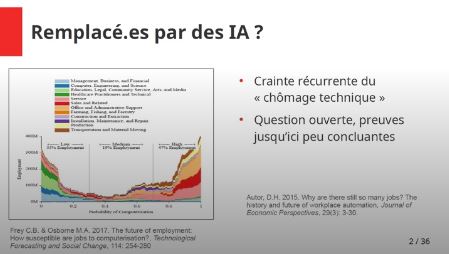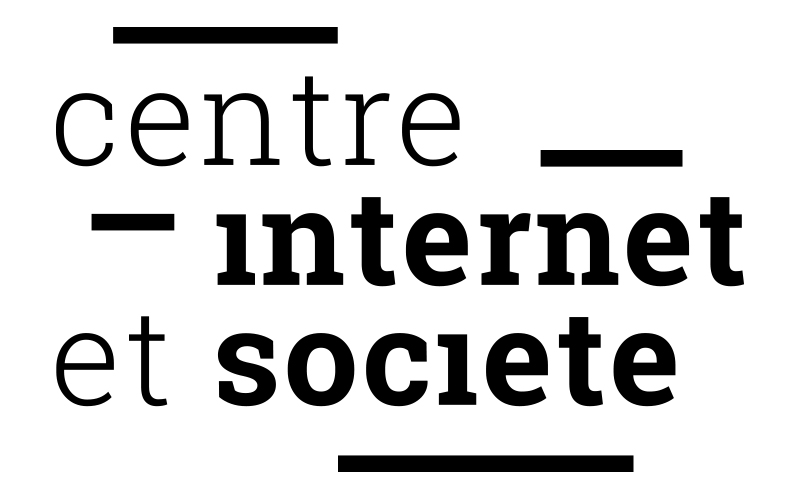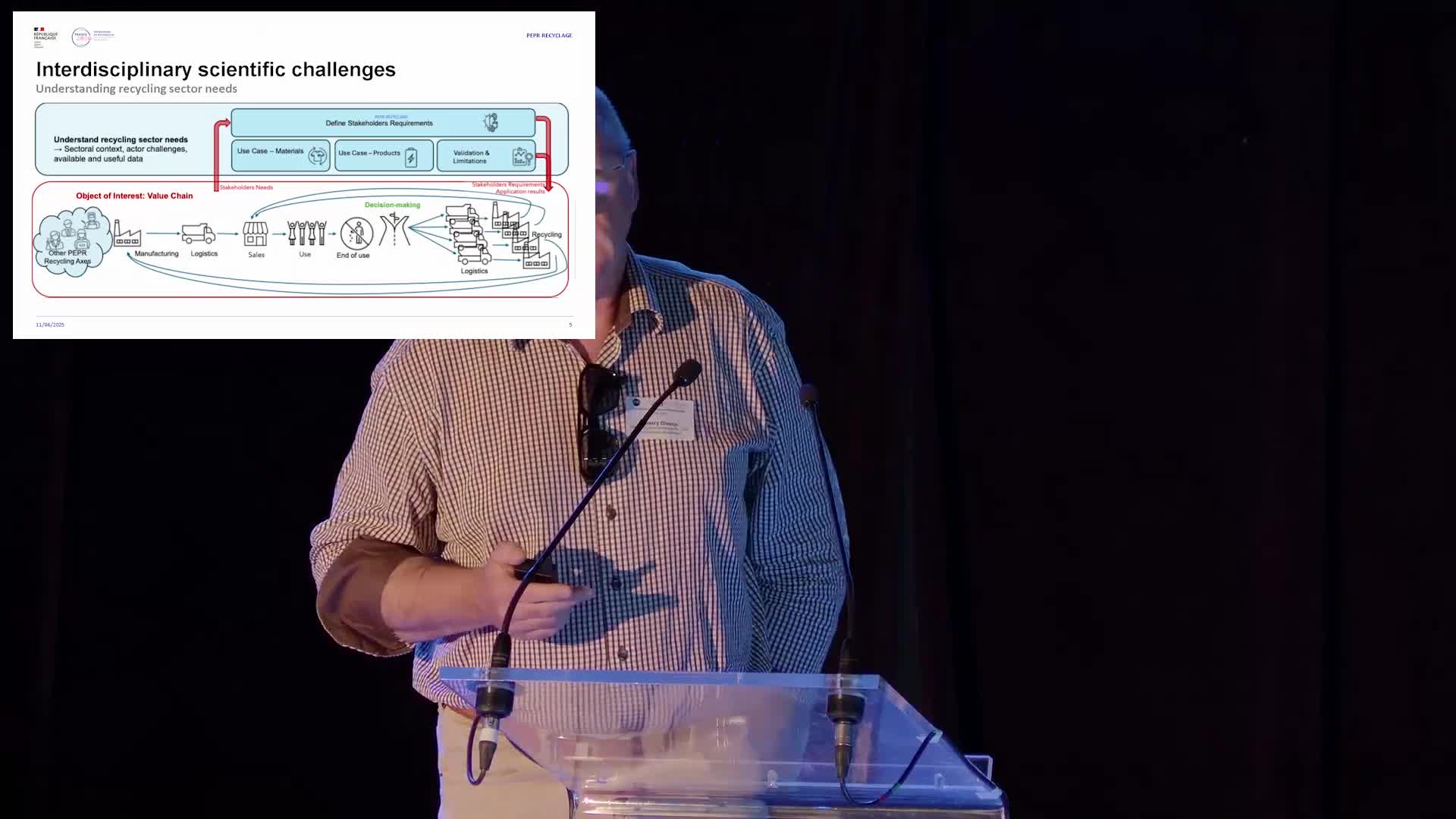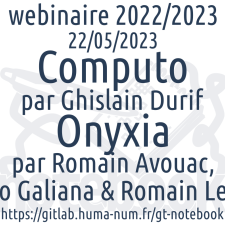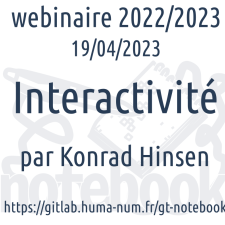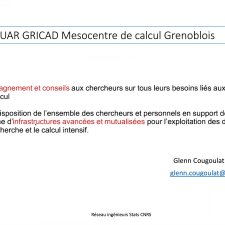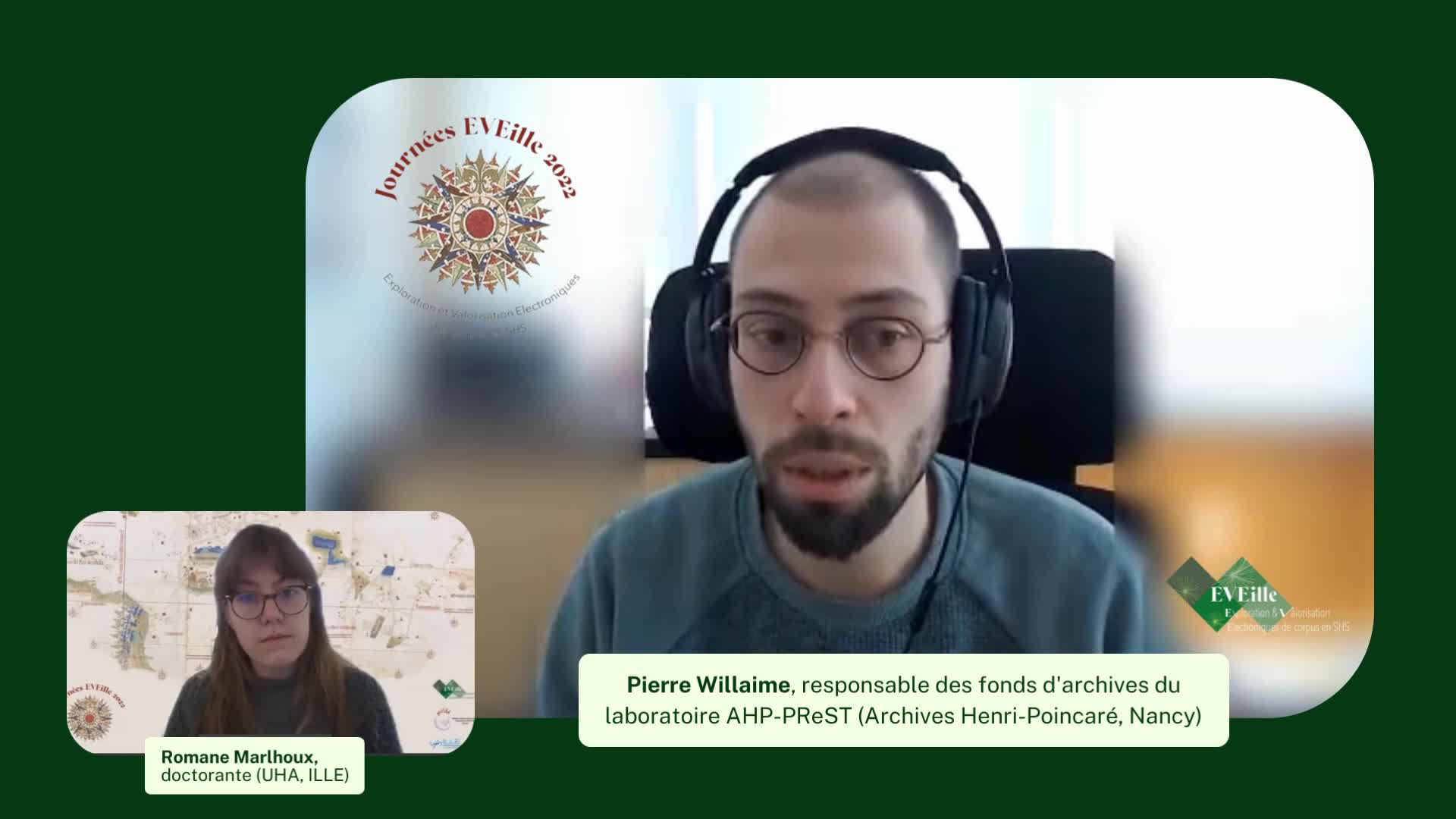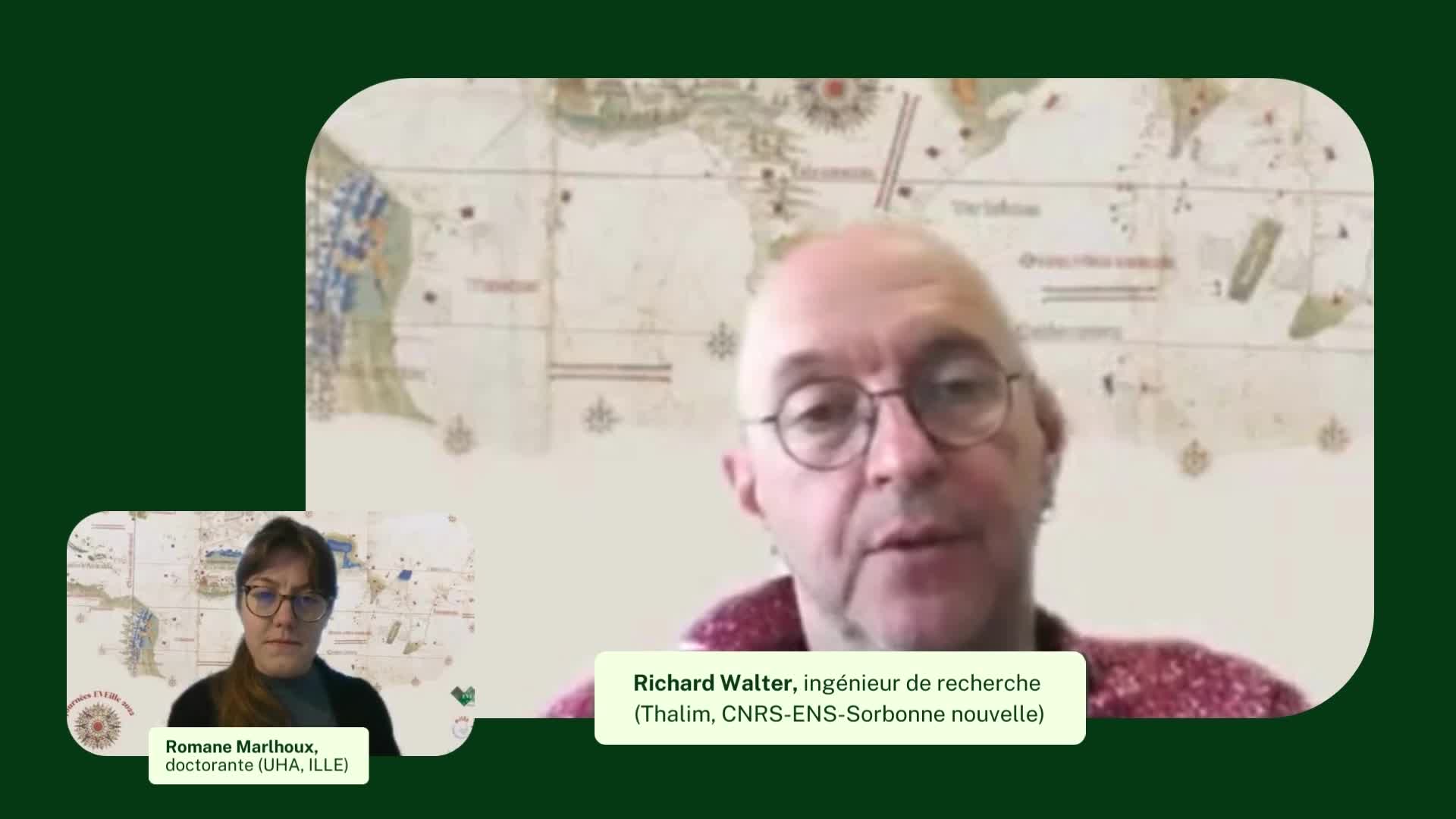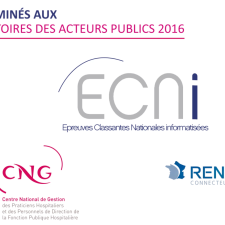Chapitres
- Andrea MATWYSHYN19'04"
Notice
The Internet of (Artificially Intelligent) Bodies Part 2
- document 1 document 2 document 3
- niveau 1 niveau 2 niveau 3
Descriptif
ANDREA MATWYSHYN
The Internet of (Artificially Intelligent) Bodies
This talk introduces the ongoing progression of the Internet of Things (IoT) into the Internet of Bodies (IoB)—a network of human bodies whose integrity and functionality rely at least in part on the Internet and related technologies, such as artificial intelligence. IoB devices will evidence the same categories of legacy security flaws that have plagued IoT devices. However, unlike most IoT, IoB technologies will directly, physically harm human bodies—a set of harms courts, legislators, and regulators will deem worthy of legal redress. As such, IoB will herald the arrival of (some forms of) corporate software liability and a new legal and policy battle over the integrity of the human body and mind. Yet, the challenges of IoB are not purely legal in nature. The social integration of IoB will also not be seamless. As bits and bodies meld and as human flesh becomes permanently entwined with hardware, software, and algorithms, IoB will test our norms and values as a society. In particular, it will challenge notions of human autonomy and self-governance. Legal scholars have traditionally considered Kantian autonomy as the paradigmatic lens for legal determinations impacting the human body. However, IoB threatens to undermine a fundamental precondition of Kantian autonomy—Kantian heautonomy. Damaged heautonomy renders both Kantian autonomy and deliberative democracy potentially compromised. As such, this talk argues that safeguarding heautonomy should constitute the animating legal principle for governance of IoB bodies. It concludes by offering a sliding scale of “technohumanity” as a framework for the legal and policy discussion of what it means to be “human” in an age where bodies are the “things” connected to the Internet.
Dans la même collection
-
Qui travaille derrière l’intelligence artificielle ?Enjeux éthiques et sociétaux d’une nouvelle for…
TubaroPaolaPar Paola Tubaro Qui travaille derrière l’intelligence artificielle ? Enjeux éthiques et sociétaux d’une nouvelle forme de production La présentation proposée porte le regard sur le « back-office »
-
Recommandation algorithmique et diversité de l’information : comment analyser l’impact des algorith…
TarissanFabienQue ce soit des problématiques de classement de l’information (moteurs de recherche) ou celles de la recommandation de contenus (via les réseaux sociaux notamment), les algorithmes sont au cœur des
-
Où en sont les utopies productives ? Plateformes, makers et fabrication distribuée
Berrebi-HoffmannIsabelleLa sociologie considère depuis longtemps les formes de la division du travail comme centrales dans la constitution de nos sociétés et de ses institutions. Depuis un peu plus d’une dizaine d’années,
-
Swimming up the waterfall: Researching the permanence and ephemerality of 4chan/pol/
BachDanielSwimming up the waterfall: Researching the permanence and ephemerality of 4chan/pol/ From Anonymous to QAnon and LOLcats to Pepe the Frog, the infamous forum 4chan has continued to act as a fertile
-
Artificial Intelligence and Copyright: The Way Forward
GuadamuzAndresWe are living through a revolution in the production of artistic, literary and musical works that have been generated in some shape or form by artificial intelligence (AI). Take the following
-
Les Peer Production Studies : un champ de recherche à construire ? discussion
O'NeilMathieuAu cours des années 1970, un champ de recherche interdisciplinaire s’érigea contre les dominations de classe, de genre, et de race, dans la société et dans l’université : les Cultural Studies. Un
-
Les Peer Production Studies : un champ de recherche à construire ?
O'NeilMathieuAu cours des années 1970, un champ de recherche interdisciplinaire s’érigea contre les dominations de classe, de genre, et de race, dans la société et dans l’université : les Cultural Studies. Un
-
The Internet of (Artificially Intelligent) Bodies Part 1
MatwyshynAndreaANDREA MATWYSHYN The Internet of (Artificially Intelligent) Bodies This talk introduces the ongoing progression of the Internet of Things (IoT) into the Internet of Bodies (IoB)—a network of
-
Mapping the Manosphere: analysing the manosphere on Reddit
CoplandSimonRecent years have seen an emergence of a diverse range of online male communities, primarily through sites such as 4chan and Reddit. Theorists, as well as the users of these spaces themselves,
-
Des utopies du net aux start-ups administratives : la place des acteurs publics dans la révolution …
BellonAnneLe développement de l'internet a souvent été étudié comme un phénomène déstabilisant les modes d'organisation bureaucratique et d'intervention des États : l'infrastructure décentrée du net permet en
-
The Promise and Perils of Public-Private Partnerships around Data for Social Good
VerhulstStefaan G.“Data Collaborative” refers to an emergent form of public-private partnership in which actors from different sectors exchange and analyze data (and/or provide data science insights and expertise) to
-
Discussion - The Promise and Perils of Public-Private Partnerships around Data for Social Good
VerhulstStefaan G.“Data Collaborative” refers to an emergent form of public-private partnership in which actors from different sectors exchange and analyze data (and/or provide data science insights and expertise) to
Avec les mêmes intervenants et intervenantes
-
The Internet of (Artificially Intelligent) Bodies Part 1
MatwyshynAndreaANDREA MATWYSHYN The Internet of (Artificially Intelligent) Bodies This talk introduces the ongoing progression of the Internet of Things (IoT) into the Internet of Bodies (IoB)—a network of
Sur le même thème
-
Présentation axe Numérique
DivouxThierryPrésentation de l'axe Numérique du PEPR Recyclage par Thierry Divoux, lors des journées annuelles du PEPR Recyclage, recyclabilité et réutilisation des matières en juin 2025 à Lyon.
-
GT Notebook Webinaire | #3 Computo et Onyxia
GalianaLinoLe gt Notebook à le plaisir de vous proposer une série de webinaires pour 2023, l’objectif est d’explorer cet objet complexe que sont les notebooks, et cela au travers de ces différentes facettes :
-
GT Notebook Webinaire | #2 Interactivité
HinsenKonradLe gt Notebook à le plaisir de vous proposer une série de webinaires pour 2023, l’objectif est d’explorer cet objet complexe que sont les notebooks, et cela au travers de ces différentes facettes :
-
Stylo : un éditeur de texte pour les SHS
SauretNicolasSekulovskiGoranCet atelier permettra aux participants de découvrir et de prendre en main l’éditeur de texte en ligne Stylo (avec création de compte) tout en se familiarisant avec l’écriture et l’édition scientifique
-
-
Entretien avec Pierre Willaime
WillaimePierreMarlhouxRomaneEntretien avec Pierre Willaime (Responsable des fonds d'archives du laboratoire AHP-PReST, Archives Henri-Poincaré, Nancy) par Romane Marlhoux (Doctorante en Langue et Littérature françaises à l
-
Entretien avec Richard Walter
WalterRichardMarlhouxRomaneEntretien avec Richard Walter (Ingénieur de recherche, Thalim, CNRS-ENS-Sorbonne nouvelle) par Romane Marlhoux (Doctorante en Langue et Littérature françaises à l'Université de Haute-Alsace, ILLE)
-
Épreuves classantes de médecine informatisées - CNG-RENATER
Quand des acteurs publics innovent au service de la performance : Les ECNi (Epreuves Classantes Nationales Informatisées), simplification des concours nationaux français
-
Pseudonymiser des documents grâce à l'IA
Les contraintes réglementaires liées aux bases de données (Partie 1) : - Introduction : Chloé Martin (rBDD) - Pseudonymiser des documents grâce à l'IA : Kim Montalibet (Etalab)
-
Retour d'expérience de PostgreSQL Anonymizer
Les contraintes réglementaires liées aux bases de données (Partie 1): - Retour d'expérience de PostgreSQL Anonymizer : Vincent Merilhou (CNRS) - Synthèse (rBDD)
-
Dans la décomposition informatique du lien social se révèlent les limites de l’aplatissement du mon…
PollmannChristopherAmiechMatthieuSéminaire Accumulations et accélérations | Mardi 23 novembre Séance du séminaire Accumulations, accélérations, Covid-19 : de l’emballement viral aux alternatives avec Matthieu Amiech,
-
Fête de la Science 2021Pierre Mounier-Kuhn : Alan Turing : du génie scientifique au héros mytholog…
Mounier-KuhnPierreLe Comité des travaux historiques et scientifiques vous propose des vidéoconférences pour découvrir l'histoire des sciences ! Pierre MOUNIER-KUHN est historien, chercheur au CNRS, spécialisé dans


